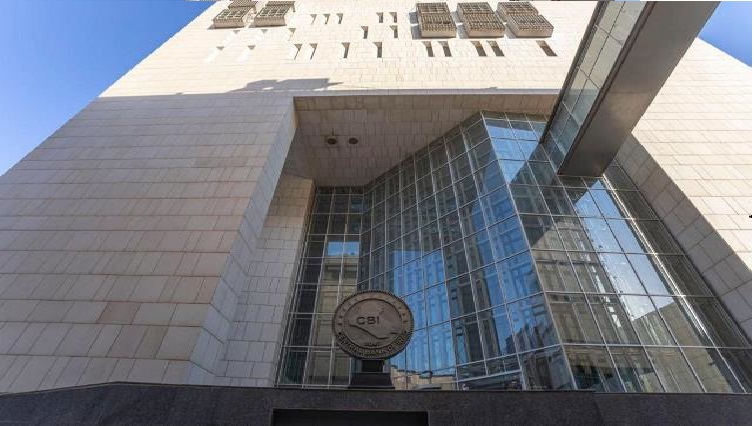CBI increases US dollar official exchange rate in a bid to reverse dinar devaluation

Shafaq News/ Iraq's central bank has decided to boost its forex sales in its semi-daily auction in a bid to restore the Iraqi dinar's former exchange rate against the US dollar.
On December 19, 2020, the Central Bank of Iraq (CBI) increased the sale price of U.S. dollars to banks and currency exchanges to 1,460 dinars, from 1,182 dinars, seeking to compensate for a decline in oil revenue due to low crude prices.
The devaluation decision came as a preemptive move to prevent "draining Iraq’s foreign reserves" and help the government to secure public servants' salaries.
After the reconsideration of the exchange rate, a strong current emerged led by a number of politicians, most notably the now-Prime Minister Mohammad Shia al-Sudani, who called for restoring the dollar exchange rate to its previous value. Al-Sudani had argued at the time that a devaluation of the dinar would trigger a "revolution of the hungry."
CBI said in a press statement today, Sunday, that it decided to increase "the weekly share of US dollar cash sales" in a bid to commensurate to the increasing demand in the local market.
The bank, according to the statement, will be able to find legitimate deals and credit cards at a rate of 1,470 dinars to one dollar.
Former Prime Minister Mustafa al-Kadhimi's government was unable to remedy the negative implications of the dinar devaluation, in particular those affecting the poor classes. The government had allocated more than $6 billion to support vulnerable groups, but parliament reduced it to less than $1 billion.
The central bank warned that reconsidering the exchange rate would confuse local markets, threaten investments, lead to economic stagnation, weaken confidence in monetary policy and the value of the local currency, increase speculation in foreign currencies and promote hoarding of foreign currencies as a safe haven.
It noted that the old exchange rate provided imported goods and services with a competitive advantage, which prevented the advancement of local products.
Economists had warned against restoring the dinar exchange rate to its previous rate in the coming days, arguing this measure would create problems that cannot be addressed during the next two years.

